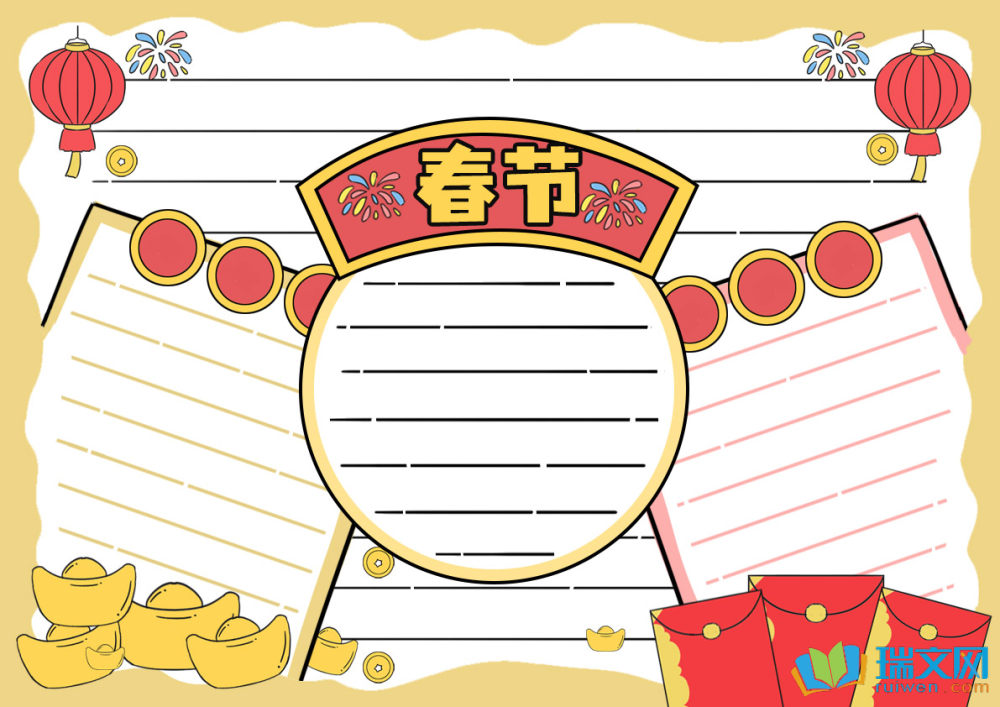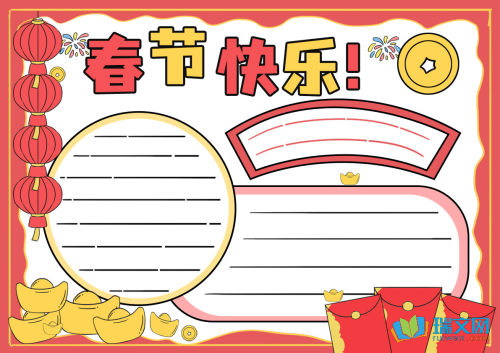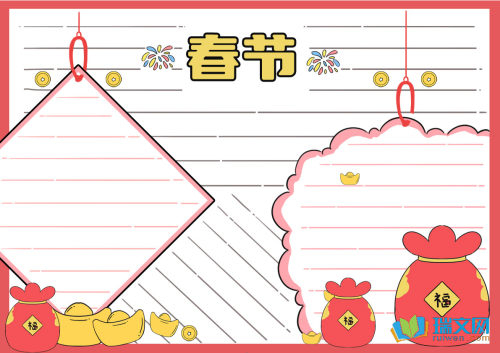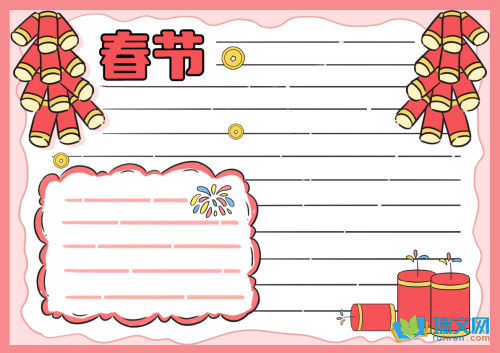����������Ϊ�л�����һ��¡�صĽ��գ�������ÿһ�����кʹ�ׯ�Ľ�����Ϣ�����ǿ������ֳ����������Ǵ��ڵ�ף����������С�������Ĵ����ֳ���Ӣ�����ݣ�ϣ�������ϲ����
���������ֳ���Ӣ������





��������Ӣ���ֳ�������1
����Christmas arouses increasing attention year by year in China. Christmas cards become popular with students. People hold Christmas parties and exchange Christmas girts. A lot or TV and radio programs about Christmas are on. Meanwhile the Spring Festival is less appealing (����������')to youngsters. Thus some people wonder whether Christmas will replace the Spring Festival.
����This worry is fairly unnecessary. Why ? One reason lies that Christmas only affects Christians��college students and joint-venture (������ҵ)workers. Another reason is that Christmas is mostly celebrated in cities. Few people in countryside show extreme interest in this exotic(������������) festival. By contrast��the Spring Festival is the most influential traditional festival in every family.
����I think��it is natural that with increasing exchanges with the West��a lot of Western holidays have been gradually introduced into China. For us Chinese we should never neglect or even discard our own traditional festivals. For centuries Chinese have observed this traditional holiday to welcome the beginning of a new year. And we will treasure the Spring Festival forever.
��������Ӣ���ֳ�������2
����The Spring Festival comes, it is the biggest day for Chinese people, as a child, I am so happy, because I can not only get the lucky money from the relatives, but also can play with my friends. We like to play firecracker very much, we can play it only in the new year, because it is dangerous and we need to take care with it.
����When I was in my hometown which is a small village, I could play firecracker anywhere, people would not blame me for playing the firecracker, but when I moved to the city, I found people less play it, if they want to play the firecracker, they need to stay away from the crowed. Indeed, it is necessary for people to play it in the remote zone, the firecracker will get exploded in a moment, so it will hurt the people.
����When we play the firecracker, we must learn to protect ourselves, too. Once the firecracker is lighted, we need to react quickly and drop it right now. As the firecracker will explode in two seconds, we also need to react in the short time.
����Playing firecracker brings people a lot of fun, but we need to take care.
��������Ӣ���ֳ�������3
����Chinese New Year starts with the New Moon(����)on the first day of the new year and ends on the full moon(����)15 days later. The 15th day of the new year is called the Lantern Festival(Ԫ����), which is celebrated at night with lantern displays and children carrying lanterns in a parade.
����The Chinese calendar is based on a combination of lunar and solar movements. The lunar cycle(��������)is about 29.5 days. In order to "catch up" with the solar calendar the Chinese an extra month once every few years (seven years out of a 19-yearcycle). This is the same as adding an extra day on leap year (����). This is why, according to the solar calendar, the Chinese New Year falls on a different date each year.
����New Year's Eve and New Year's Day are celebrated as a family affair, a time of reunion and thanksgiving. The celebration was traditionally highlighted with a religious ceremony given in honor of Heaven and Earth(����), the gods of the household and the family ancestors.
����The sacrifice to the ancestors, the most vital of all the rituals(��ʽ), united the living members with those who had passed away. Departed relatives are remembered with great respect because they were responsible for laying the foundations for the fortune and glory of the family.
����The presence of the ancestors is acknowledged on New Year's Eve with a dinner arranged for them at the family banquet table. The spirits of the ancestors, together with the living, celebrate the onset of the New Year as one great community. The communal feast called "surrounding the stove" or weilu. It symbolizes family unity and honors the past and present generations.
- ����Ӣ���ֳ������� �Ƽ��ȣ�
- ����Ƽ�
�������ֳ���Ӣ�����ݡ�������£�
����Ӣ���ֳ�������03-22
Ӣ��Ԫ�����ֳ�������02-21
����Ӣ�ĵ��ֳ�������06-08
ĸ��Ӣ���ֳ�������05-15
Ԫ����Ӣ���ֳ�������06-23
���ڵ��ֳ�������03-14
�����ֳ�������09-06
�����ֳ���������03-27
�����ֳ�������01-29
���ڵĽ����ֳ�������03-12